The polls showed Scott as the only mayoral contender with near-equal support among both black and white residents. He also appealed to younger voters. His surge of support from ballots that arrived in the final days of counting suggests he was a favorite among those who cast their votes at the last minute.
Days before the primary, Scott spent the majority of his time marching with protesters in demonstrations against police brutality and racism that erupted in Baltimore after the killing last month of George Floyd in Minneapolis.
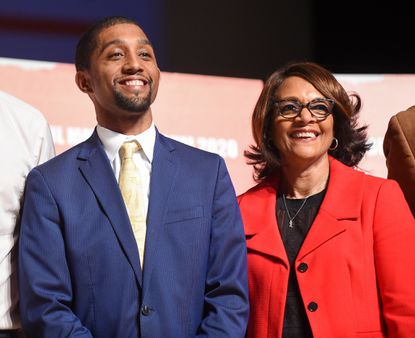 With his campaign “change the guard”, Scott referred to his personal story as to why he was the right choice to lead his city—growing up in Park Heights. Brandon Scott witnessed the unrelenting violence that Baltimore still faces today.
With his campaign “change the guard”, Scott referred to his personal story as to why he was the right choice to lead his city—growing up in Park Heights. Brandon Scott witnessed the unrelenting violence that Baltimore still faces today.
In 2011, Scott was elected to represent the 2nd Council District in Northeast Baltimore and was later named the chair if the public safety committee. He gained the role of council president last year in the political shuffle triggered by the resignation of Mayor Catherine Pugh.
Although he ran for the Democratic nomination for mayor, Scott championed charter amendments that would put limits on executive power. He wants to create a city manager position and reduce the mayor’s influence on the city’s sturdy spending board.
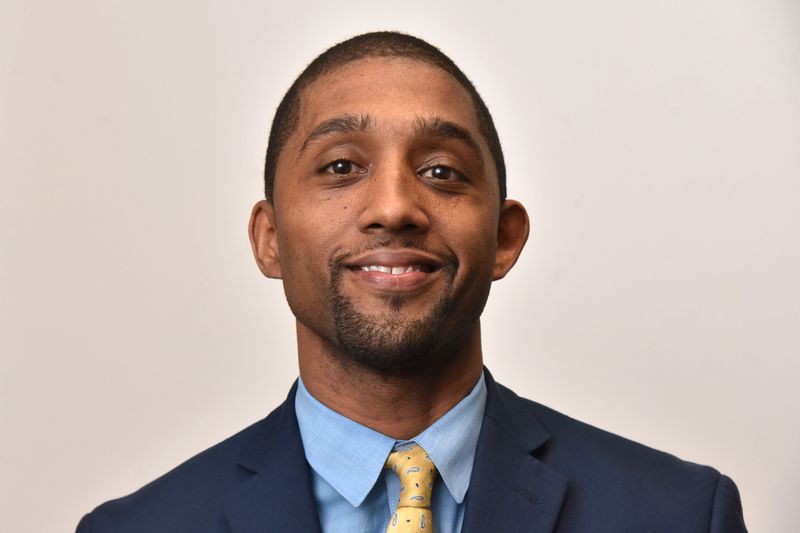
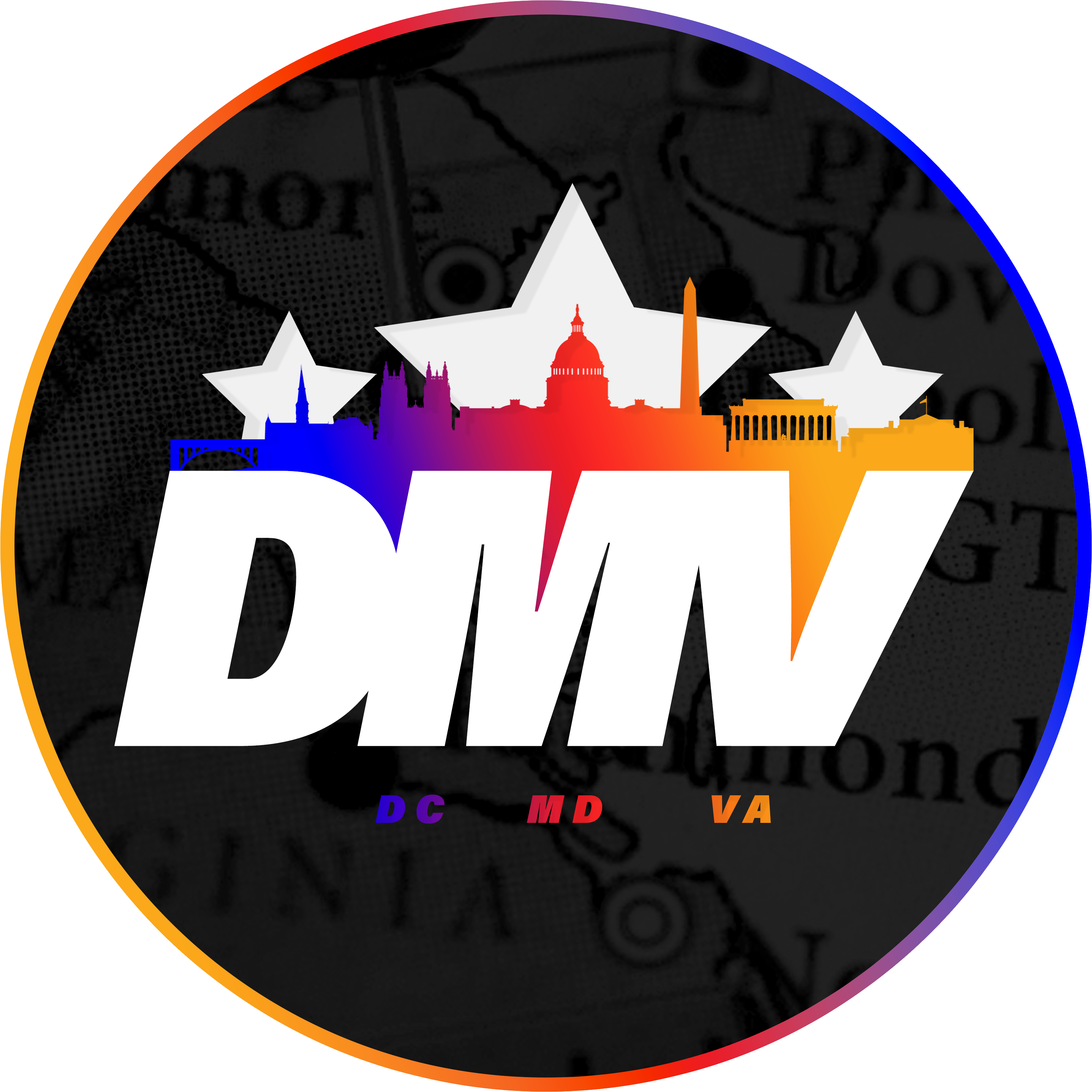
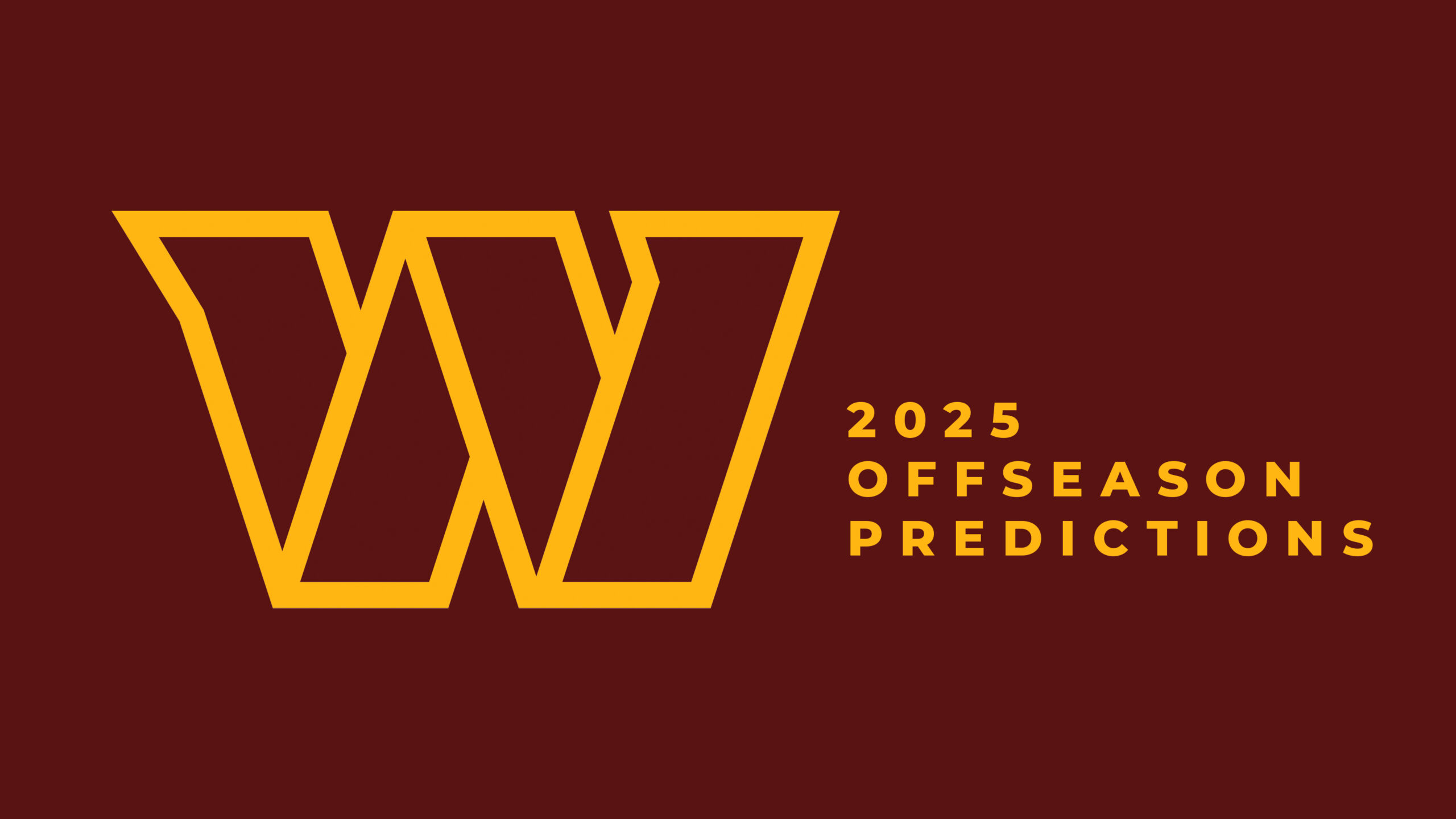

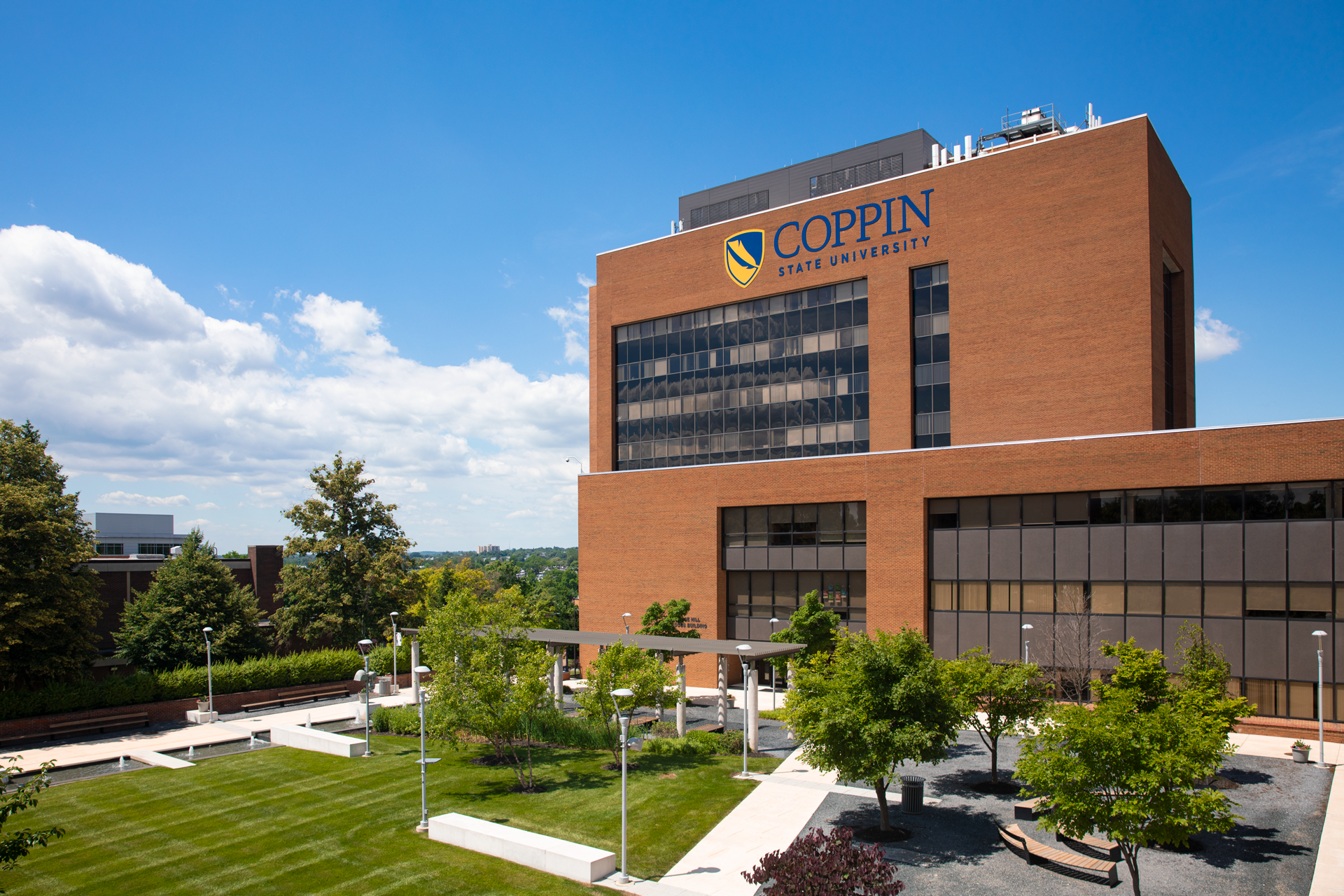


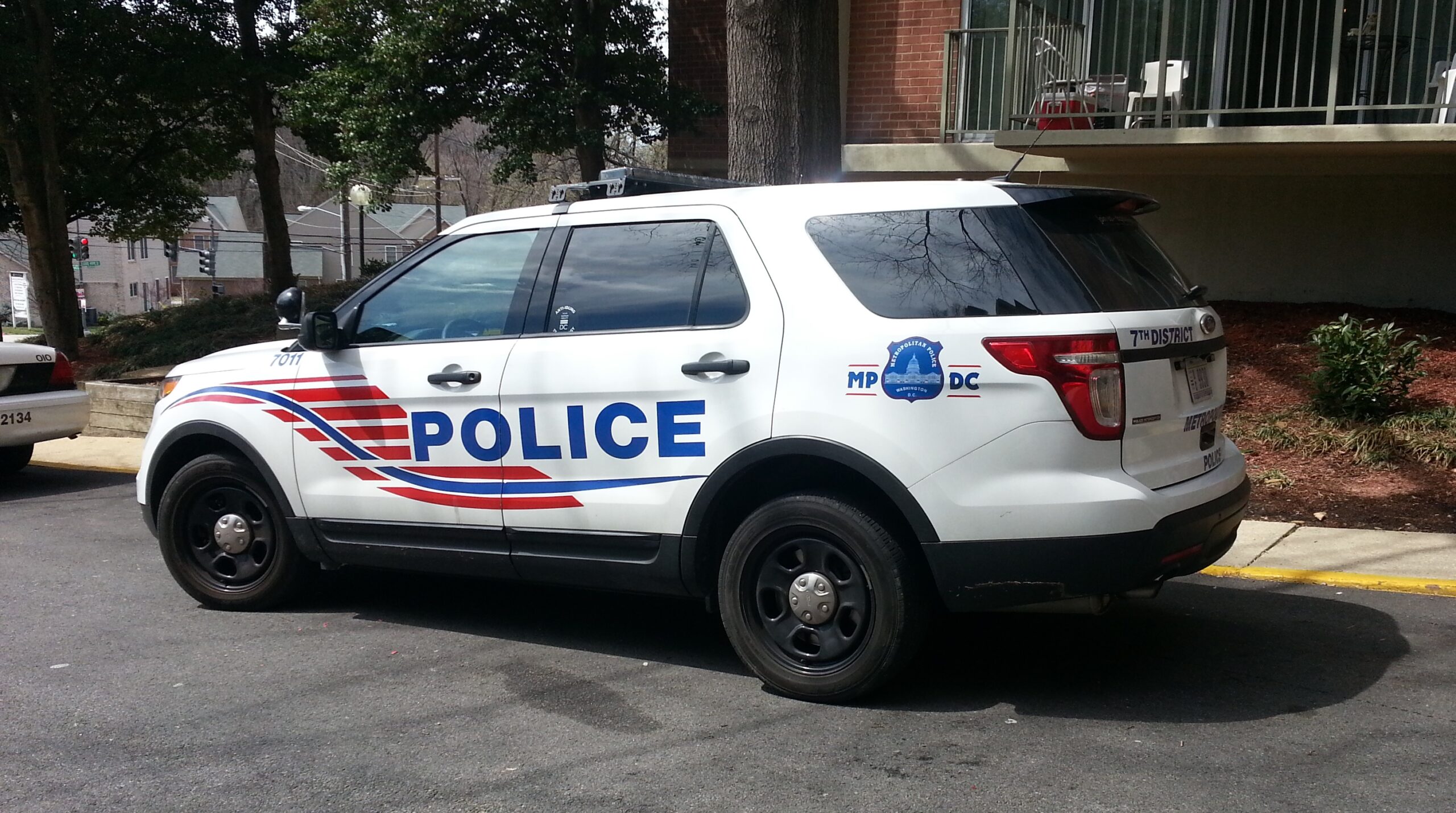

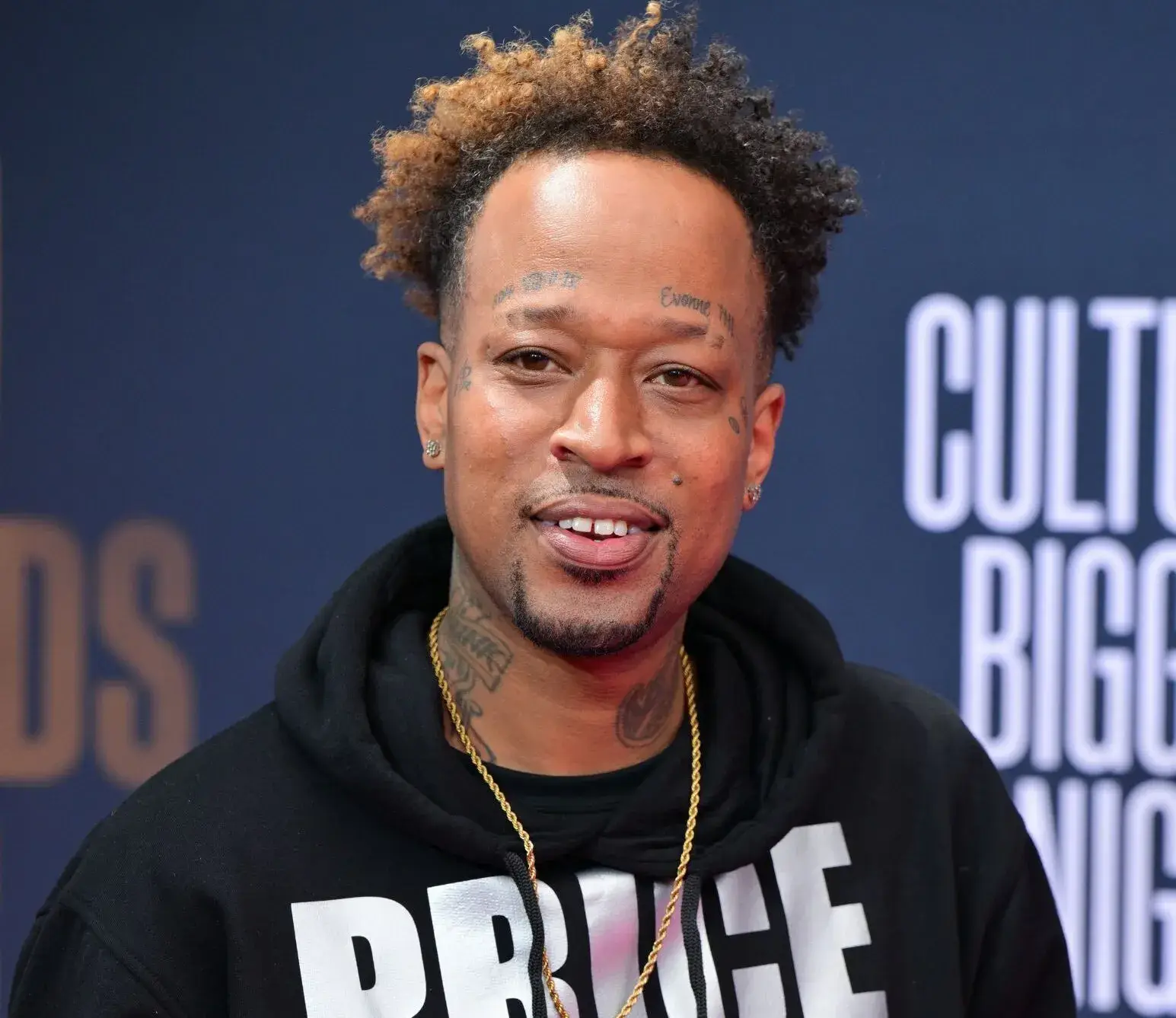
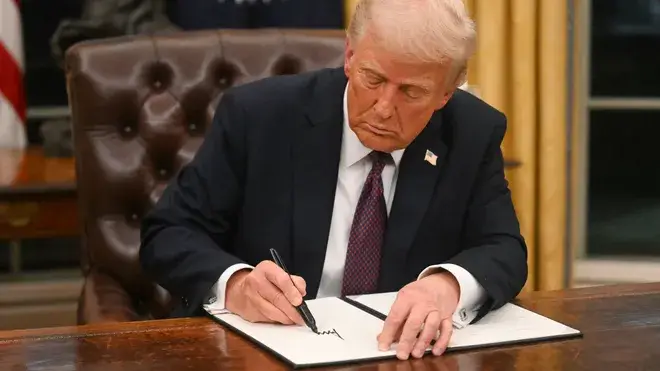
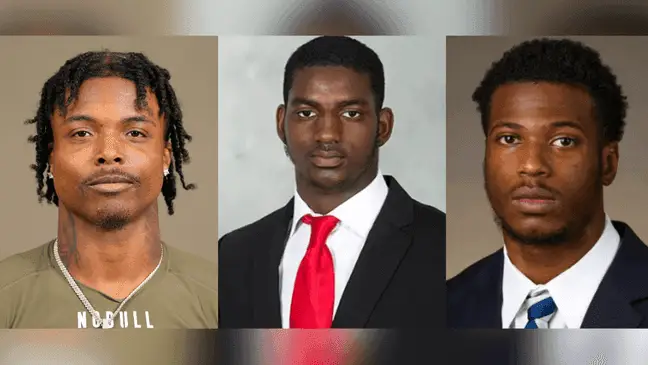
 According to returns released on Tuesday night, Scott holds 29.4% of the votes counted so far in the election. He was ahead of Dixon, who claimed 27.7%, by more than 2,300 votes.
According to returns released on Tuesday night, Scott holds 29.4% of the votes counted so far in the election. He was ahead of Dixon, who claimed 27.7%, by more than 2,300 votes. With his campaign “change the guard”, Scott referred to his personal story as to why he was the right choice to lead his city—growing up in Park Heights. Brandon Scott witnessed the unrelenting violence that Baltimore still faces today.
With his campaign “change the guard”, Scott referred to his personal story as to why he was the right choice to lead his city—growing up in Park Heights. Brandon Scott witnessed the unrelenting violence that Baltimore still faces today.